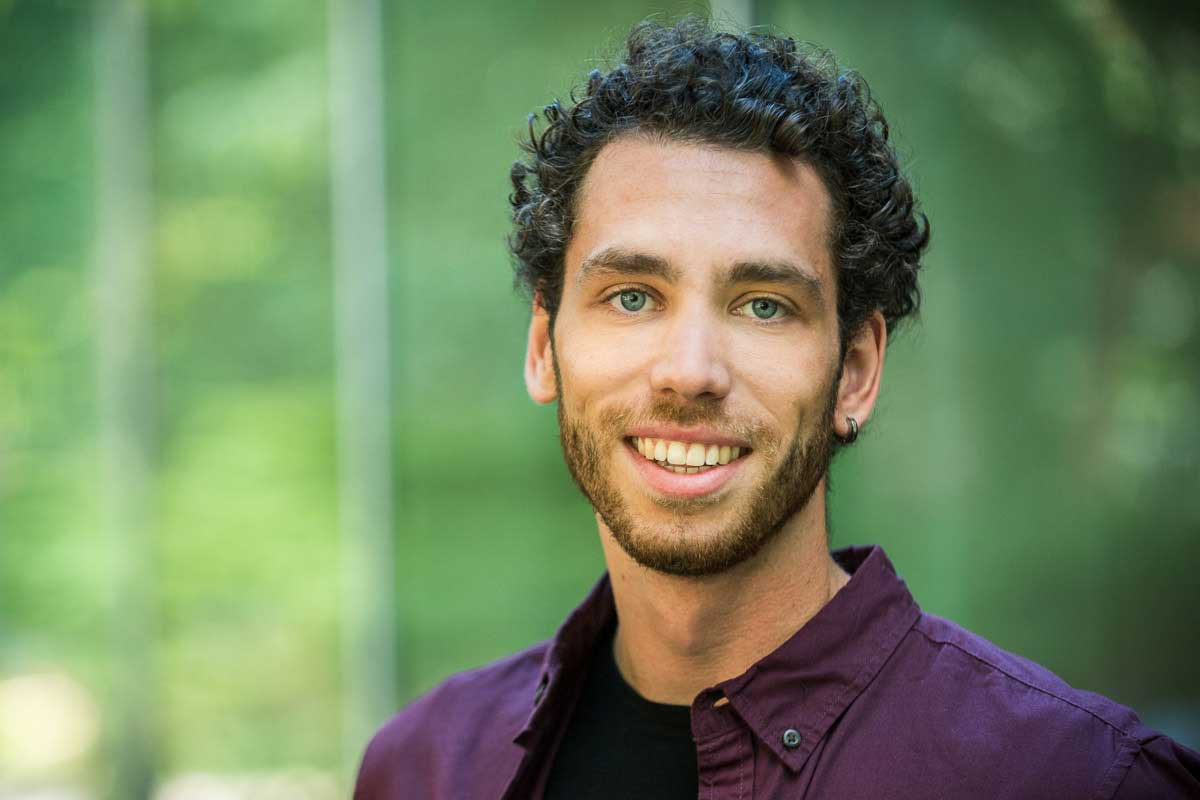Sammie Katt
PhD Student

Education
- BS, University of Amsterdam
Biography
Sammie Katt is a PhD student in the Artificial Intelligence program at Northeastern University’s Khoury College of Computer Sciences, advised by Professor Christopher Amato. Sammie is a native of the Netherlands and spent a defining portion of his academic career in Amsterdam, in addition to an exchange to Brisbane. He earned his bachelor’s degree from the University of Amsterdam. Sammie’s research areas include machine learning and artificial intelligence, and he hopes to develop techniques, algorithms or ideas that help improve real-world applications in autonomous agents.
About Me
- Hometown: The Netherlands
- Field of Study: Artificial Intelligence
- PhD Advisor: Christopher Amato
What are the specifics of your graduate education (thus far)?
I am a PhD student working on autonomous agents, more specifically the field of sequential decision making and learning in uncertain environments.
What are your research interests?
Academic interest has always been a struggle to me - only halfway through my bachelor I decided on artificial intelligence. My research since then has evolved into studying a mathematical framework that formalizes decision making, something we do all the time, while considering uncertainty. I am currently looking at methods to improving learning in systems with partially unknown dynamics.
What’s one problem you’d like to solve with your research/work?
While many approaches in autonomous agents have shown promising results, the issue of scaling up to realistic problems is a continuing battle. I doubt this problem will ever be *solved*, but I would like to work on improving these formal methods to handle bigger and more relevant applications, such as those encountered in robotics.
What aspect of what you do is most interesting?
I personally think the most fascinating aspect of this research is its relationship to human decision making. Our decision making process relies on beliefs and intuition and is vague in ways that are hard to program in computers. The mathematical interpretation of this process and how these computational models can, in return, help us in our decisions, is what makes it interesting to me.
What are your research or career goals, going forward?
I hope to develop techniques, algorithms or ideas that improve real world applications in autonomous agents. I believe the ability of agents, either physical (robots) or digital, to become increasingly autonomous will allow the existence of incredible projects and products. It would be great if I could contribute to that movement.
Where did you grow up or spend your most defining years?
While I grew up in a very small town in the Netherlands, the most defining years have been during my studies in I spent in Amsterdam, with a very significant half year exchange to Brisbane (Australia).